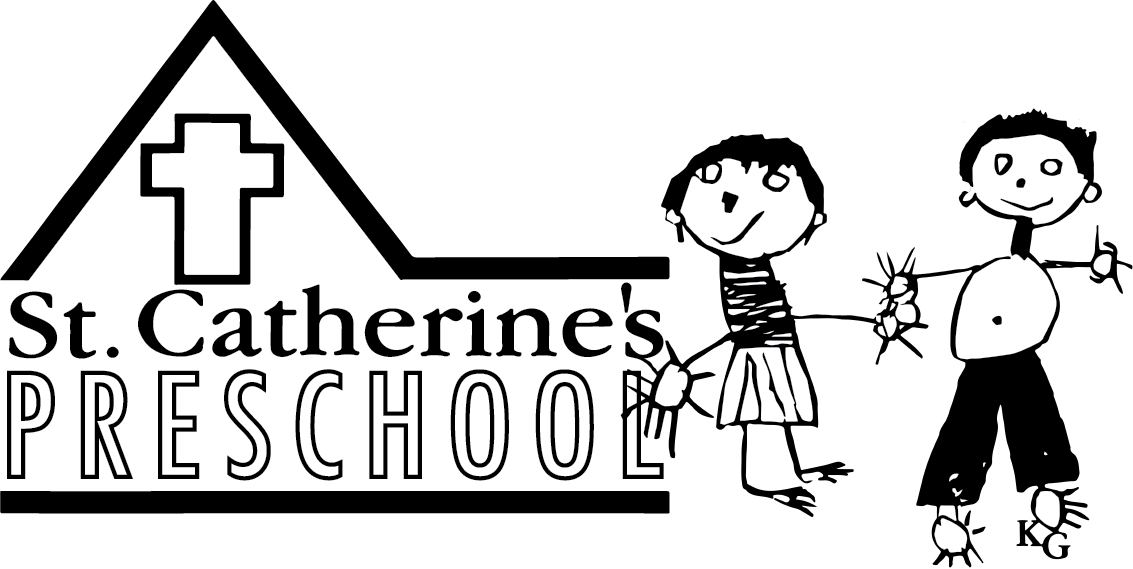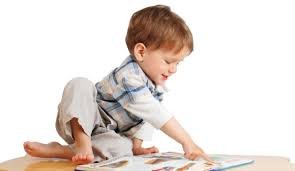Activities to Encourage Speech and Language Development
A child learns new sounds and words by listening to those around him/her. This is why it is important to provide good, clear speech for the child to listen to. When you talk, say words clearly and slowly and use plenty of intonation. When speaking to a young child, point to objects when you talk about them so your child can make the link between the word and the object.
As children's speech develop they will attempt to produce words on their own. If your child attempts a word and it is not pronounced correctly, praise him/her for trying. Do not try to get your child to repeat the word correctly. Repeat the word back yourself to show him/her that you have understood, and your child will hear the correct version of the word. Children learn language from listening and observing.
2 - 4 years:
* model good speech and speak clearly
* repeat what your child says to show them that you understand. Add on to what they say. Use words like, "Want juice? I have juice. I have apple juice. Do you want apple juice?"
* It is okay to use baby talk sometimes. Be sure to use the adult word too. For example, "It is time for din-din. We will have dinner now."
* Cut out pictures of favorite or familiar things. Put them into categories, like things to ride on, things to eat, and things to play with.
* Play the yes-no game. Ask a questions such as, "are you Marty?" and "Can a pig fly?"
* ask questions that include a choice. "Do you want an apple or an orange?" "Do you want to wear your red shirt or your blue shirt?.
* place familiar objects in a box. Have your child take one out and tell you its name and how to use it. "This is my ball. I bounce it. I play with it"
* show pictures of familiar people and places. Talk about who they are and where you went.
4 - 5 years:
* get your child's attention before you talk
* praise your child when they tell you something. Show them that you understand their words.
* pause after speaking. This gives your child a chance to process the information and respond.
* talk about where things are, using words like: "first," "middle," and "last". Talk about opposites like "up" and "down" or "on" and "off".
If you have concerns or questions about Speech and Language you should contact Vancouver Coastal Health or a private Speech and Language Pathologist.



